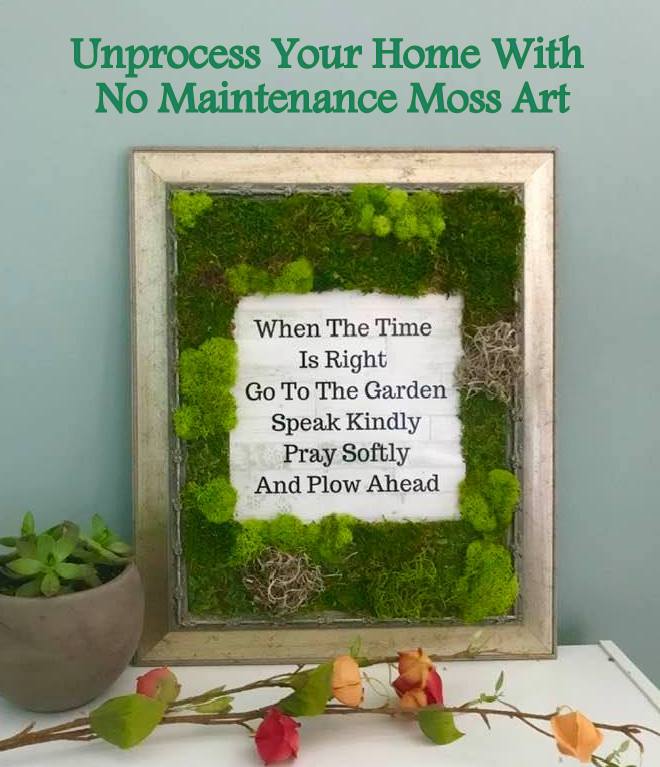The Regenerative Economy: Can Society Heal Itself?
The earth is the original and our most sustainable capital asset. If we deplete its resources then it can lead to uneconomic growth. In standard economic theory, one can either “regenerate” one’s capital assets or consume them until the assets can no longer produce a reliable stream of goods.
Instead of an economy based on wasting and consuming, we can thrive in an economy based on preserving and regenerating our resources. Bigger and faster needs to be balanced with our limiting resources.
How can we not be increasingly aware of this rapid surge of ecological debt that is consuming our nation? We can no longer ignore the transparency of businesses cheating on their environmental responsibilities.
Disasters like the Fukushima nuclear disaster and the BP Deepwater Horizon oil spill could have been prevented if the companies involved would have taken the safety precautions more seriously, and if the government didn’t set such weak regulations. It will be decades before these ongoing ramifications can be fully measured on an environmental, social, and economic scale.
It would be a welcome trend if businesses didn’t dominate the natural resources that sustain us and co-operate with the people that support them. As climate change, loss of biodiversity, water shortages, and natural disasters are more evident, companies will have a choice to be part of the solution or part of the problem.
If social and environmental impacts were factored into the economy more, then maybe processed food wouldn’t be so cheap. Rising healthcare costs may persuade consumers to educate themselves on clean eating.
Consider if the manufacturing of chemicals took into account the health risks on humans or the waste and pollution that they create. What about the cost for spills and leaks? Oil isn’t cheap when you figure in the cost of government subsidies and environmental degradation.
BP did not pay any federal income tax for the year 2010 due to tax ride-offs from the penalties associated with the BP oil spill.
When citizens realize they are the ones who will essentially pick up the bill, they will want the responsible parties to take these external costs into consideration.
A better way to heal and regenerate our resources is to think outside of our compartmentalized society and invest in our nurture capital. Nurture capital in this context simply means for people to act together in business, while at the same time, business needs to have a better relationship with the earth. We should not manipulate the earth, but mimic it, learn from it.
Scientists are beginning to reproduce nature’s self- healing abilities into everyday materials such as cement, plastics, and even computer chips. The process is similar to an immune response where the damaged sight triggers a signal to repair itself. Polymers are transported to localized areas by a series of channels that fill cracks and repair the damage. This can cut down the cost of maintaining cement on sidewalks, roads, and buildings. Plastics could last longer. More advanced controlled algorithms are involved in self-healing, integrated circuits.
Another way that more progressive and resilient communities are popping up is through collaborative consumption. The concept of a shared use kitchen can help local food entrepreneurs bring their specialty food concepts to life. These small startups can have a space to test out ideas, provide training, and share kitchen equipment. The facility would have easy access to regional farmers. This nurture capital can increase local food security by relying on the connection of local farmers to consumers who want to know where their food comes from.
How about giving an incentive for clean eating? Hello Compost is an inspiring program in New York City that allows people to exchange their food scraps for fresh produce from local farmers markets. They even give the participants freezer bags to preserve the food scraps until it is time to make a trip to the market.
It’s not just about seeing a shift in the economy, but a shift in people’s consciousness. Do-gooders can keep good stuff out of the landfills by swapping items on Freecycle.org. Another reuse resource is Iwantoberecycled.org. Here, you can be taken through a guided journey of how your trash can be transformed into a new item to be sold on the store shelf again.
Selling stuff is being taken over by selling services of that stuff. Pioneers such as Netflix and Zipcars have paved the way for platforms to be created for people to rent out items to their neighbors. You can rent a house through Airbnb or rent out your car on Relayrides. You can even hire someone to do small jobs on Taskrabbit.
How do we inspire social innovation to create a self-sustaining economy? How do we make the masses of people creative? It is our collective responsibility to become the re-generation nation. By seeing through the lens of social resources, the people can be a major asset.







